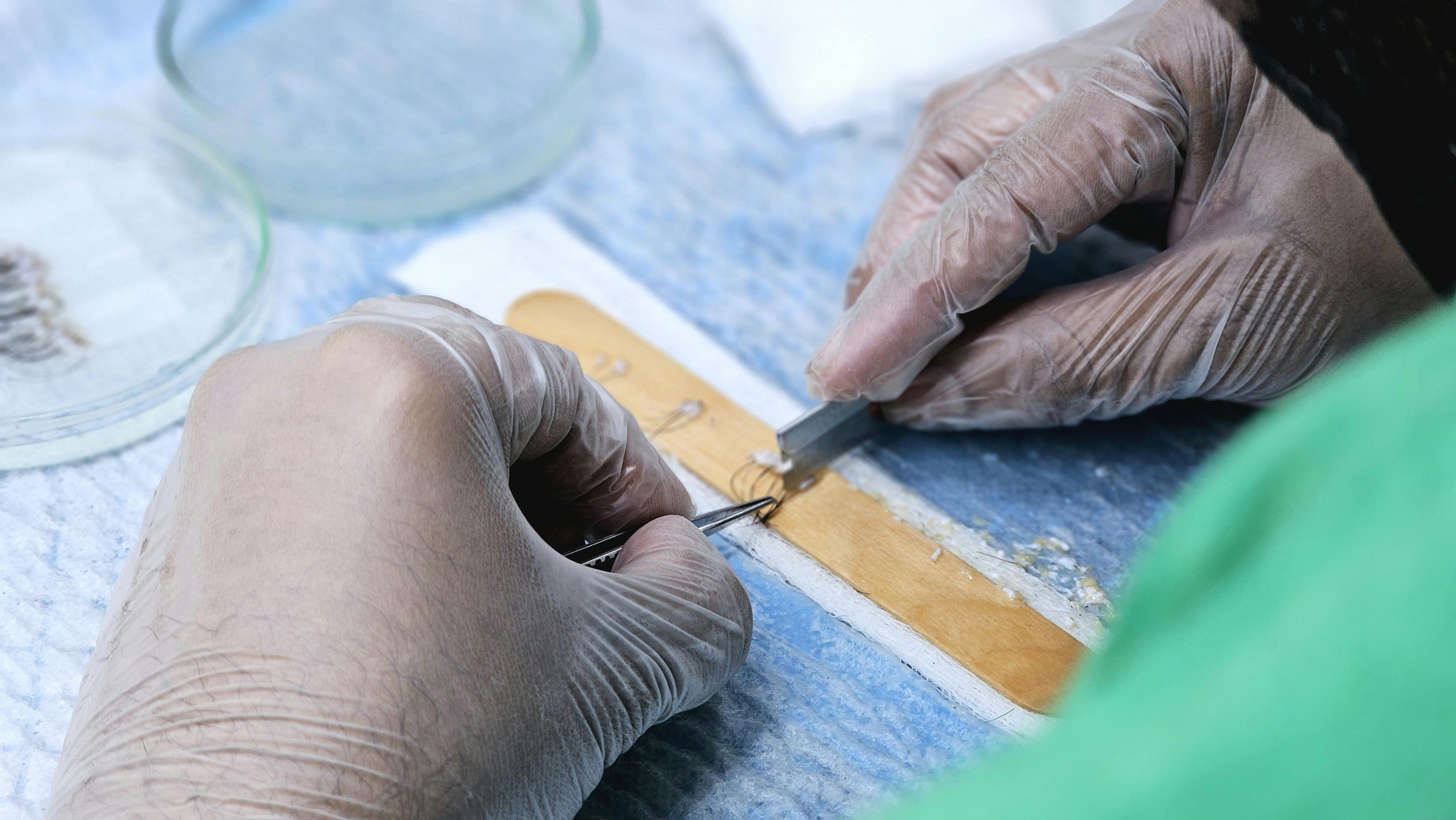Demystifying Hair Transplants: A Comprehensive Guide
Hair loss is a common problem affecting millions of people worldwide and can lead to emotional distress and a lack of self-confidence. Hair transplant surgery has emerged as an effective solution for those struggling with hair loss and seeking to regain their natural appearance. This article delves into the intricacies of hair transplant, shedding light on its history, current relevance, trends, and impacts. It provides a unique insight into the process that goes beyond the commonly available information.

The Genesis of Hair Transplant Surgery
Hair transplant surgery has a rich and robust history that dates back to the 19th century. Japanese dermatologist Dr. Okuda first documented the procedure in a Japanese medical journal in 1939. His innovative technique involved using small grafts similar to the ones used today in hair transplant surgery. However, it wasn’t until the 1950s that hair transplantation gained prominence in western countries, thanks to New York dermatologist Dr. Norman Orentreich.
The Science behind Hair Transplantation
Hair transplantation is a surgical procedure that involves removing hair follicles from a “donor site” - typically the back and sides of the scalp where the hair is denser, and transplanting them to the bald or thinning areas, known as “recipient sites”. The transplanted hair follicles act as an inexhaustible source of new hair. They are genetically resistant to the hormone dihydrotestosterone (DHT), which is the primary cause of male pattern baldness, ensuring that the transplanted hair continues to grow as it would at the donor site.
Current Relevance and Trends of Hair Transplant
With the advancement of technology and refinement of surgical techniques, hair transplant surgery has become more effective and less invasive. One of the latest trends in this field is the Follicular Unit Extraction (FUE). This procedure involves extracting individual hair follicles from the donor area and implanting them into the recipient site, allowing for a more natural and seamless look.
Sadly, the hair transplant industry is not immune to the influence of unscrupulous practitioners and clinics that promise unrealistic results. It is crucial for individuals considering hair transplant surgery to do their research and choose a reputable clinic and experienced surgeon.
Impact and Reception of Hair Transplant
Hair transplant surgery has had a profound impact on the lives of many people worldwide, helping them regain their confidence and improve their overall well-being. The procedure has been well-received, with the majority of patients reporting high satisfaction levels post-surgery.
Additionally, the societal perception of hair transplants has evolved significantly over the years. Once stigmatized and viewed as a desperate measure, it is now seen as a common and acceptable solution for hair loss.
Unique Insights into Hair Transplant
While hair transplant surgery can be a game-changer for many, it’s important to remember that it doesn’t prevent future hair loss in non-transplanted areas. Therefore, a comprehensive approach that includes medication or low-level laser therapy may be necessary to maintain and enhance the results of the surgery.
Moreover, the success of a hair transplant surgery is not solely determined by the number of grafts transplanted. The skill, experience, and artistry of the surgeon play a significant role in achieving a natural and aesthetically pleasing result.
Conclusion
Hair transplant surgery has revolutionized the field of hair restoration, offering a permanent and natural-looking solution for hair loss. It provides an opportunity for individuals to regain their self-esteem and enjoy the psychological benefits that come with a full head of hair. However, like any surgical procedure, it requires careful consideration and research to ensure a successful outcome.
While advancements in technology and surgical techniques continue to improve the effectiveness and results of hair transplant surgery, it’s crucial to remember the importance of choosing a reputable clinic and experienced surgeon. After all, a successful hair transplant not only requires the right technology but also the skill and artistry of a dedicated professional.




